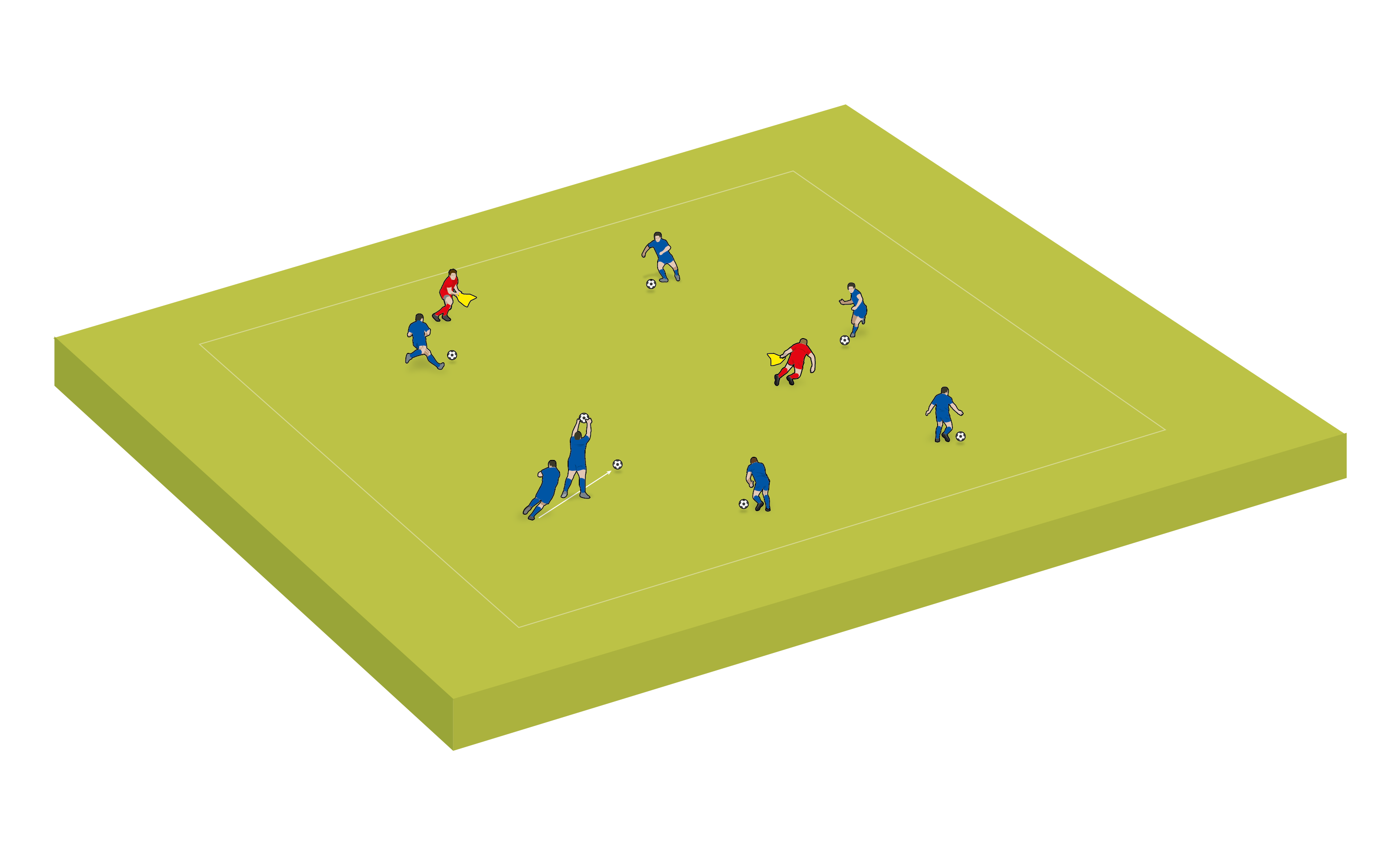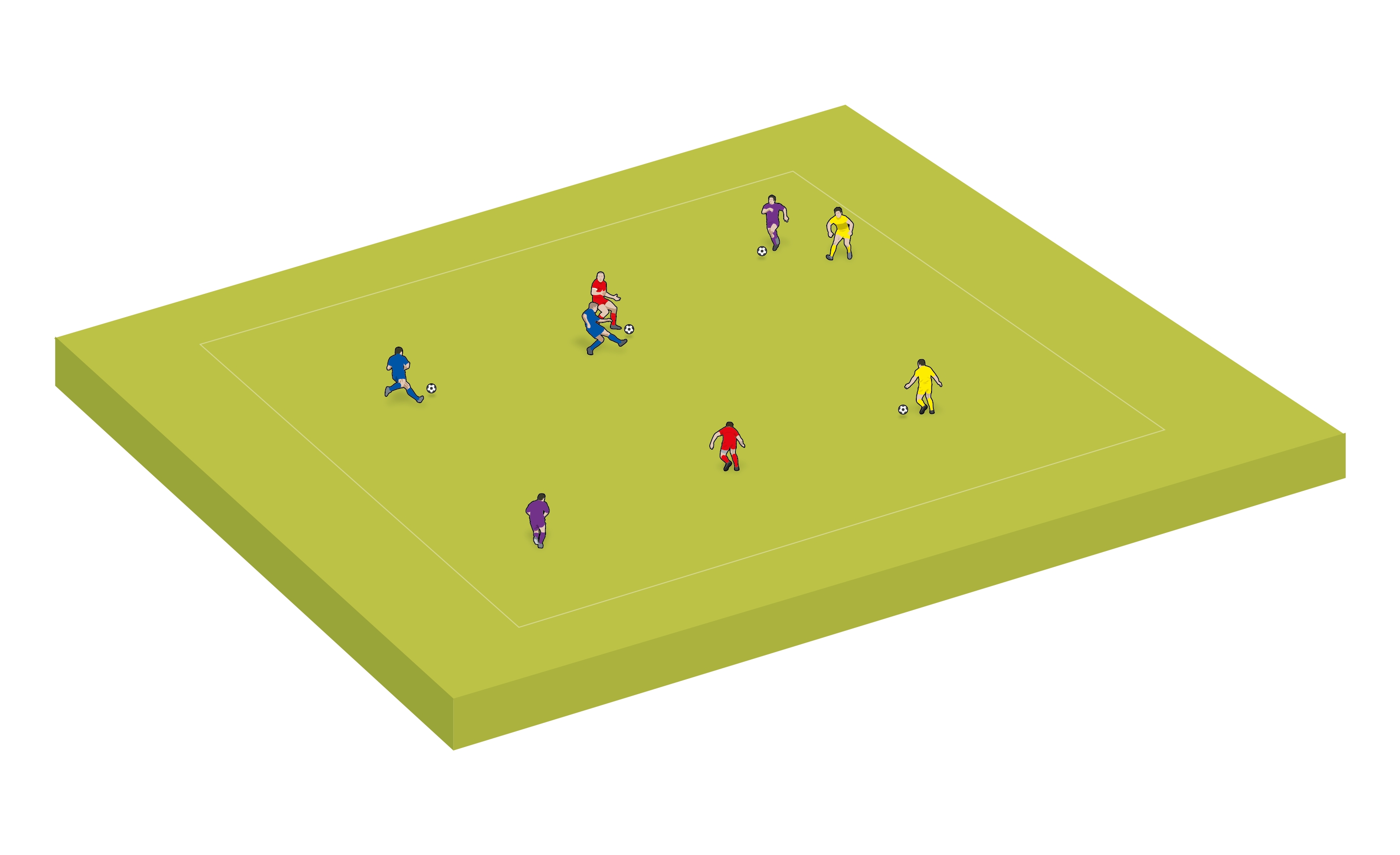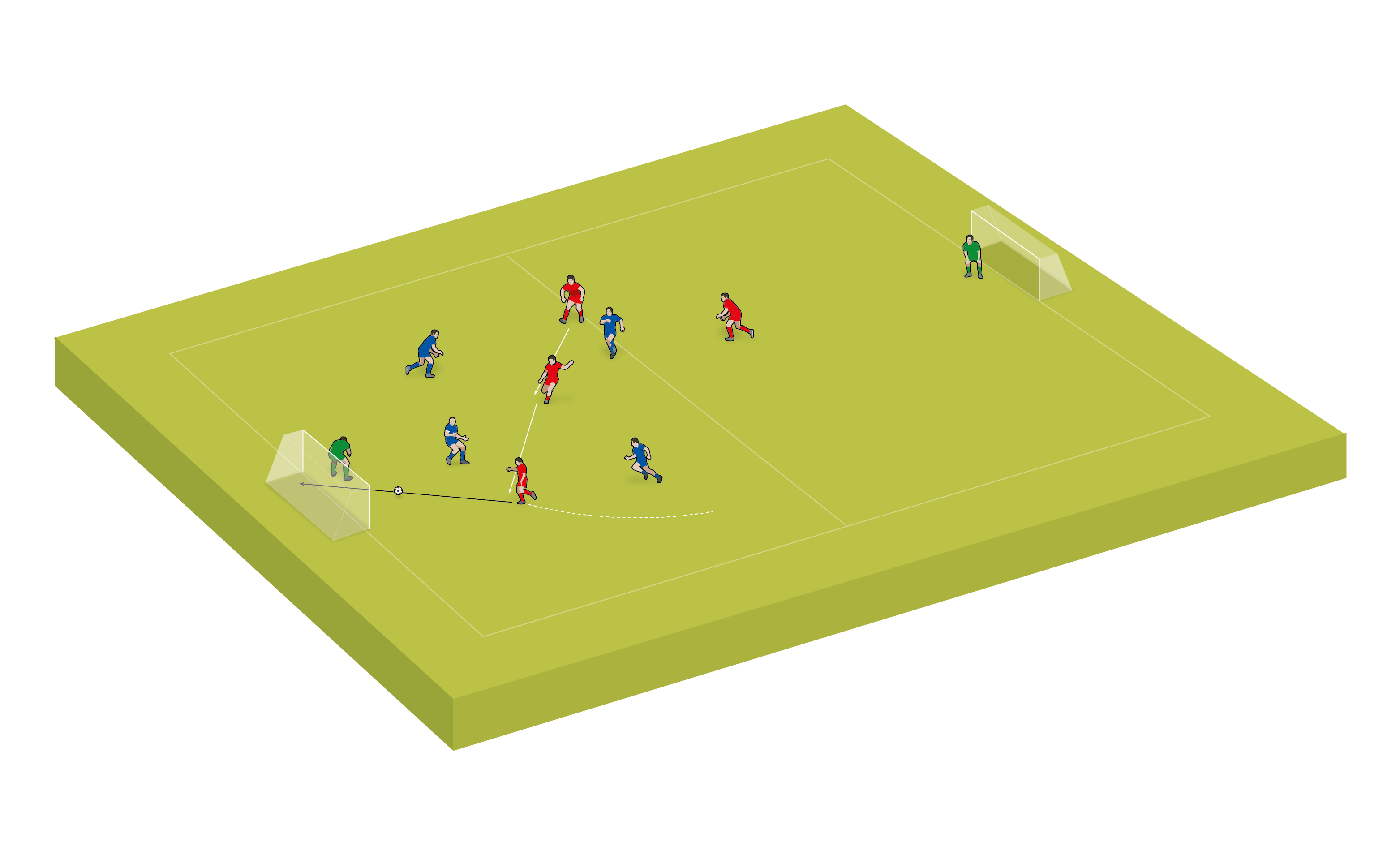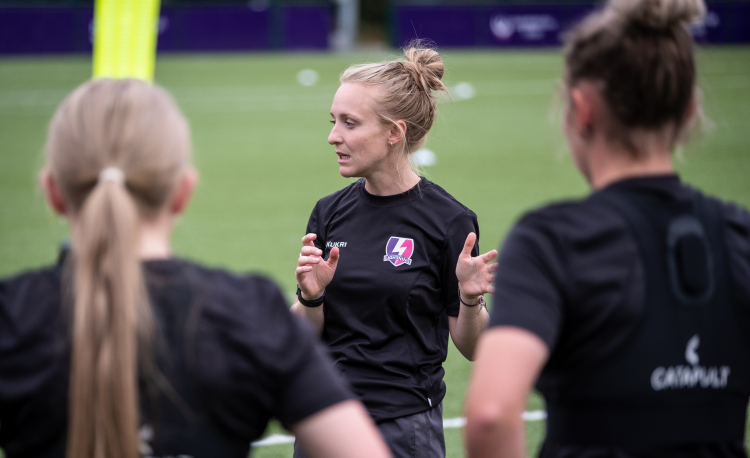Control what you can - and ignore the rest
Don’t be tempted to fall back on excuses like the officials or tough conditions - manage the manageables and let the variables play out
It is important as a coach to focus your players’ minds on the things they can manage and own both in their development and in their competition.
Players are responsible and accountable for their effort and commitment. That applies to both training and games.
Focus on the process as opposed to the end product, or result. Pre-game and post-game, a coach should be able to understand performance in terms of the work put in to achieve it.
Wins and losses can have a healthy context if both the players and the coach can feel good about the effort and commitment they put into training and games. To be successful in this, players and coaches also need to ignore what they cannot directly manage - although this is not easy.
Good examples of distractions for players, coaches and, of course, parents include the weather, field conditions, the officiating, the actions of the opponents and opposing fans.
Helping our players to avoid looking for excuses for disappointment, and instead making them accountable for their own actions, is an important part of holistic development.
“It’s easy to blame losses and poor performances on the referees, field conditions and the weather. Our opponent played on the same field, with the same weather and same referees, so why were they successful and not us?”
Samantha Snow
Executive Director, Bluesprings Youth Soccer Association
A collective mindset of responsibility and accountability can frame a truly positive environment.
“Managing the manageables” can also be nuanced. Think about how your team might influence the seemingly unmanageable.
For example, if the players and coach treat the referee decently, it may influence subsequent close calls. If your parent sideline can show appreciation for the good play of your opponents, it may prevent negativity and distractions for the players.
The most effective grassroots coach is responsible for not just the technical and tactical side of the team, but their sportsmanship and behaviour, as well.
A competitive edge can be achieved by managing the manageables and committing to standards of behaviour that become the team’s personality.
At some point in a long season, it can be a relief to have the occasional competition that may not stretch the team. Such a competition is one in which a win is most likely.
"A competitive edge can be achieved by managing the manageables..."
For the most part, however, the most satisfying competition is one in which your team gives full effort and is met in that full effort by the opponent.
Games decided by the odd goal or two, or thrilling draws, contested by two teams of similar ability, are the most fun and gratifying. In close games, it is often a small detail, or a special moment, that determine the outcome. These are the inches the players and coach should be striving for.
For technique, this could mean a dead-ball service that is good enough to elude a first defender. Tactically, it might mean setting a wall correctly in the last minute.
The more intangible inches can be found in the emotional and psychological actions of your team. Picking up a teammate’s spirits, being supportive from the bench or putting in one more recovery run than an opponent are the small things every player has the potential to do.
The grassroots coach that can inspire effort and champion responsibility and accountability will be more competitively successful and develop better players and citizens.
Related Files
Newsletter Sign Up
Coaches Testimonials

Gerald Kearney, Downtown Las Vegas Soccer Club

Paul Butler, Florida, USA

Rick Shields, Springboro, USA

Tony Green, Pierrefonds Titans, Quebec, Canada
Subscribe Today
Discover the simple way to become a more effective, more successful soccer coach
In a recent survey 89% of subscribers said Soccer Coach Weekly makes them more confident, 91% said Soccer Coach Weekly makes them a more effective coach and 93% said Soccer Coach Weekly makes them more inspired.
*includes 3 coaching manuals
Get Weekly Inspiration
All the latest techniques and approaches
Soccer Coach Weekly offers proven and easy to use soccer drills, coaching sessions, practice plans, small-sided games, warm-ups, training tips and advice.
We've been at the cutting edge of soccer coaching since we launched in 2007, creating resources for the grassroots youth coach, following best practice from around the world and insights from the professional game.







